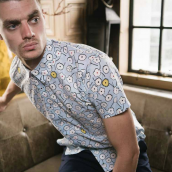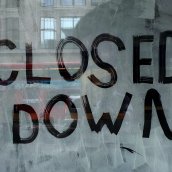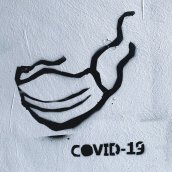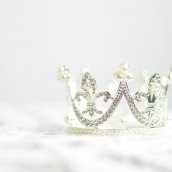
News & opinion
Trademark grace periods and proof of use
A recent case examined whether a rights holder could enforce a trademark within the registration grace period, even if the right is subsequently revoked for non-use. We set out the ruling and explain the importance of regular portfolio reviews to ensure valuable marks are in use.










